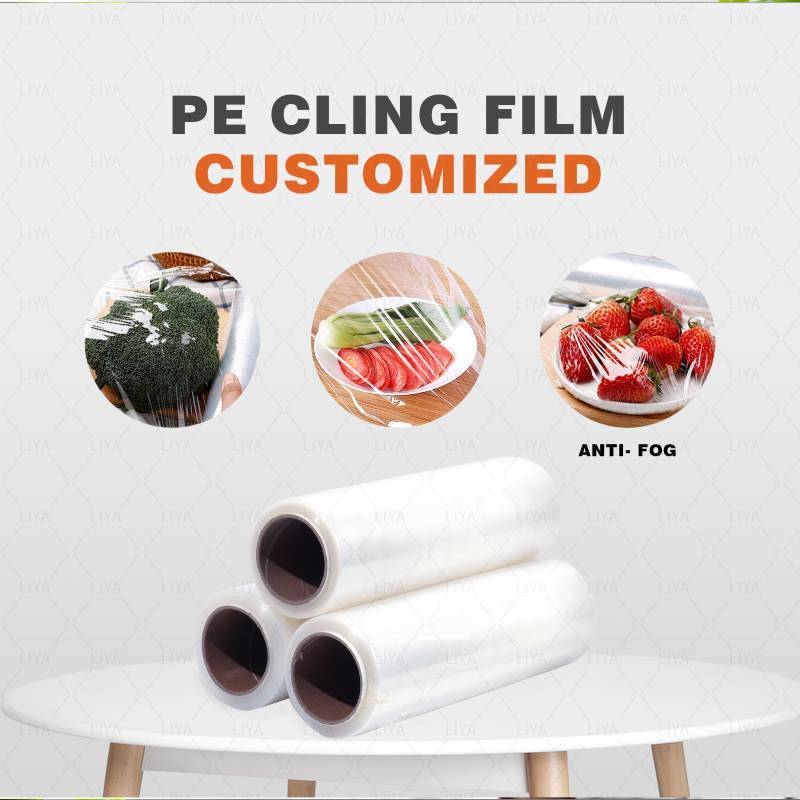Where to Purchase Affordable Disposable Gloves for Everyday Use
The Importance of Buying Disposable Gloves and How to Choose the Right Ones
In recent years, disposable gloves have become a vital component in various sectors, including healthcare, food service, and manufacturing. As concerns over hygiene and safety continue to rise, the demand for high-quality disposable gloves has surged. If you're considering purchasing disposable gloves, understanding their significance, types, and proper usage is essential.
Understanding the Need for Disposable Gloves
Disposable gloves provide a barrier between hands and potentially harmful substances. In healthcare settings, they are crucial for preventing the transmission of infectious agents. For food service workers, gloves help maintain food safety and prevent cross-contamination. They are also essential in industries such as automotive repair, janitorial services, and chemical handling, where workers are exposed to hazardous materials.
The COVID-19 pandemic underscored the importance of using disposable gloves as part of personal protective equipment (PPE). As more individuals became conscious of hygiene practices, disposable gloves became a common sight. Whether you are a healthcare professional, a restaurant owner, or simply someone looking to maintain cleanliness, having an adequate supply of disposable gloves is crucial.
Types of Disposable Gloves
When it comes to selecting disposable gloves, there are several materials to consider, each with its own set of advantages and drawbacks
1. Nitrile Gloves Nitrile gloves are made from synthetic rubber and are known for their durability and puncture resistance. They are an excellent choice for those who may have latex allergies. Nitrile gloves offer a high level of protection against chemicals and are suitable for medical use.
2. Latex Gloves Latex gloves have been a standard in the healthcare industry for many years. They provide a high level of dexterity and are comfortable to wear. However, some individuals are allergic to latex, which limits their use in various settings. Latex may not be ideal when dealing with certain chemicals.
3. Vinyl Gloves Vinyl gloves are made from synthetic plastic and are often the most affordable option. They are suitable for low-risk tasks, such as light cleaning or food preparation. However, vinyl gloves offer less protection than nitrile or latex gloves and are more prone to tearing.
buy disposable gloves

4. Polyethylene Gloves These are the least expensive disposable gloves available and are typically used in food service. They are looser-fitting and not as durable, making them less suitable for tasks that require precision or protection from chemicals.
Key Considerations When Buying Disposable Gloves
1. Purpose Determine the primary reason for using disposable gloves. Different tasks require different levels of protection. For medical or hazardous applications, nitrile or latex gloves would be more appropriate than vinyl.
2. Size and Fit Choosing the right size is crucial for effective use. Ill-fitting gloves can lead to decreased dexterity and increased risk of tearing. Most brands offer sizes ranging from small to extra-large.
3. Powdered vs. Powder-Free Some gloves are powdered to make them easier to put on, while others are powder-free to prevent contamination. Consider the environment in which you will be using them when making your choice.
4. Quality and Certification Look for gloves that meet industry standards and regulations. Certification marks can indicate the glove's quality and safety level, especially in medical and hazardous environments.
5. Price and Bulk Purchasing Evaluate your budget and consider buying in bulk if you require a large quantity. Many suppliers offer discounts on bulk purchases, which can save you money in the long run.
Conclusion
Buying disposable gloves is not just about stocking up; it’s about ensuring safety and hygiene in various environments. Understanding the different types and their specific applications can help you make informed choices. As we navigate a world that prioritizes health and cleanliness, having the right disposable gloves can make all the difference in protecting yourself and those around you. Whether you are sourcing supplies for a medical facility, a food service business, or home use, investing in quality disposable gloves should be a top priority.
-
The Best Uses for Small Trash Bags in Daily LifeNewsJul.01,2025
-
Stylish Reusable Grocery Bags TrendsNewsJul.01,2025
-
Shipping Advantages of Using Bubble Envelopes BulkNewsJul.01,2025
-
How Compostable Mailing Bags Reduce Environmental ImpactNewsJul.01,2025
-
Environmentally - Friendly Bulk Poly MailersNewsJul.01,2025
-
Eco Friendly Custom Laminated Tote BagsNewsJul.01,2025
-
Have the freedom of customizing your custom mailers any way you want! Our dedicated packaging support will help deliver you the mailing experience you need to elevate your shipping experience to the next level! Start making a strong impression on your customers and stand out from your competitors! -
LIYA uses high quality raw materials which directly purchased from large enterprises domestic and overseas such as PetroChina, Sinopec, Sabic, Equate, ExxonMobil, Dow Chemical, Total, and Borouge, ensuring the price advantage and quality of the raw materials. -
LIYA uses high quality raw materials which directly purchased from large enterprises domestic and overseas such as PetroChina, Sinopec, Sabic, Equate, ExxonMobil, Dow Chemical, Total, and Borouge, ensuring the price advantage and quality of the raw materials.





